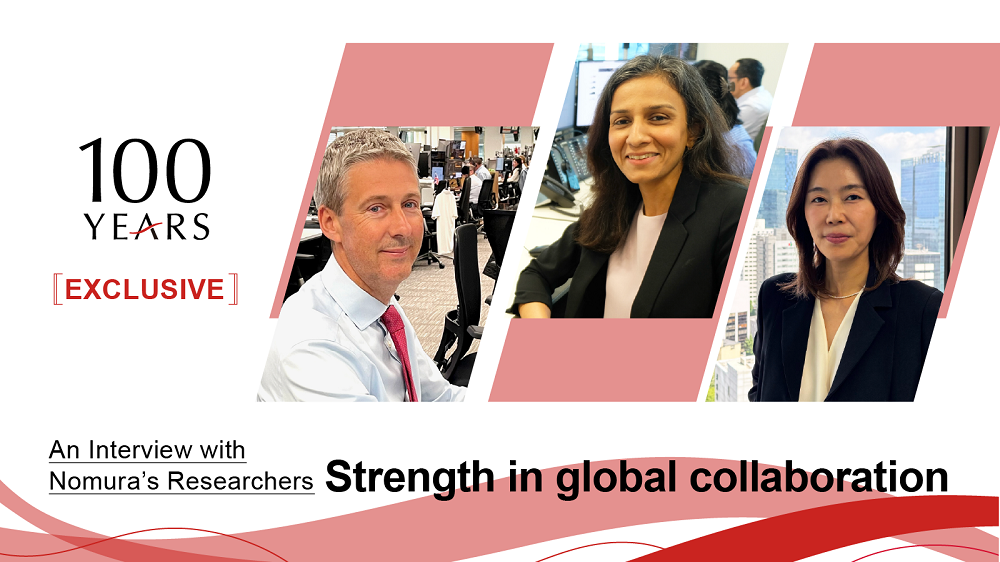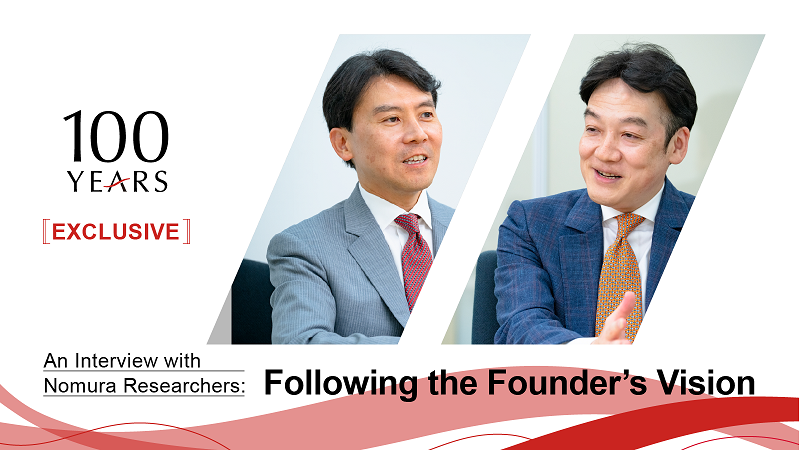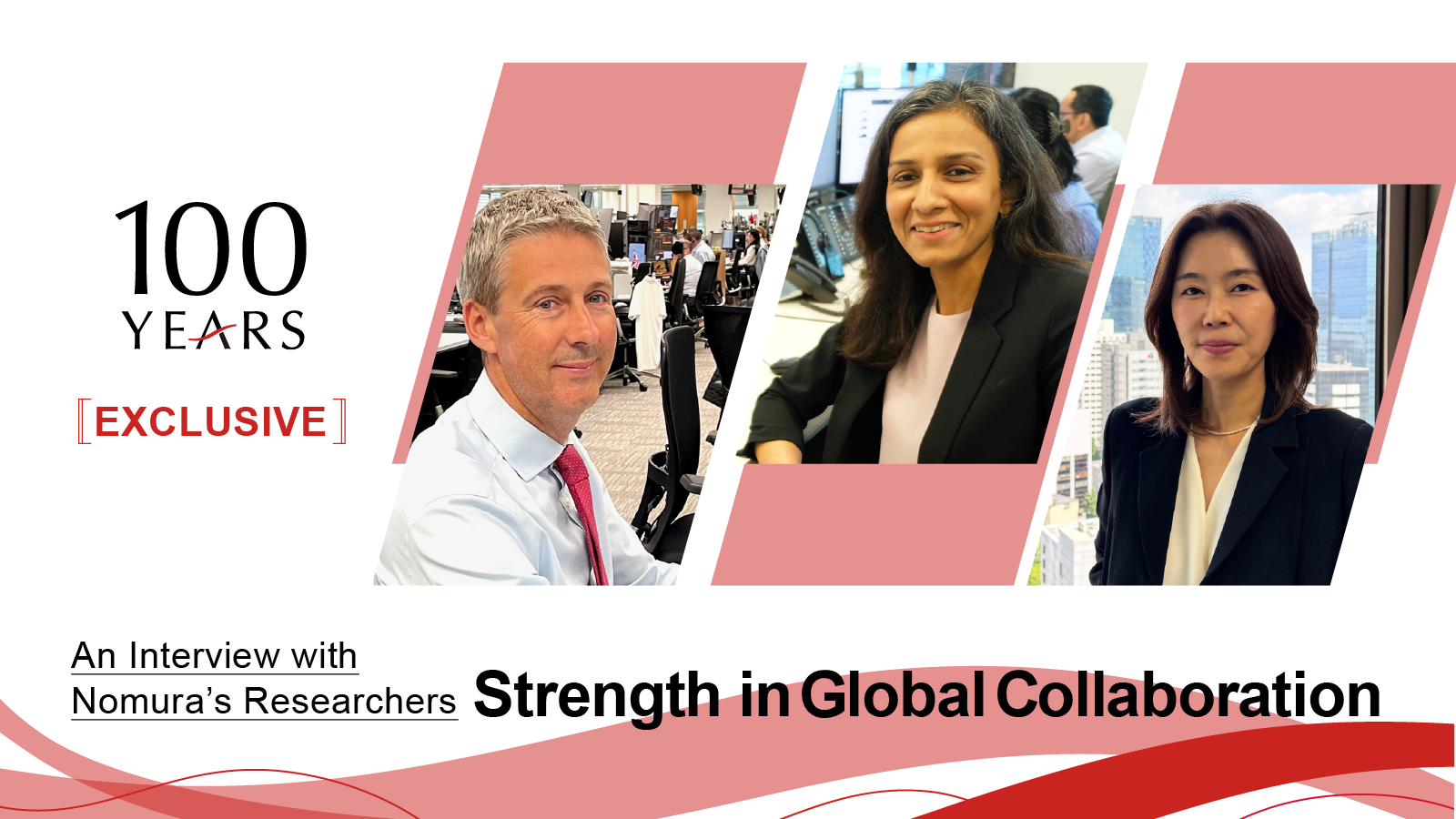
When Tokushichi Nomura founded the company a century ago, he set out to build research capabilities that could compete with those in the West. Now, a hundred years later, how does Nomura Research measure up on the global stage? We spoke with three of Nomura’s researchers based outside Japan—Cindy Park, Head of Research Korea & Head of Asia Energy Research (South Korea), George Buckley, Chief European Economist (United Kingdom), and Sonal Varma, Chief Economist for India and Asia ex-Japan (Singapore)—who share insights on what makes Nomura’s research unique, its core strengths, and their personal approach to work.
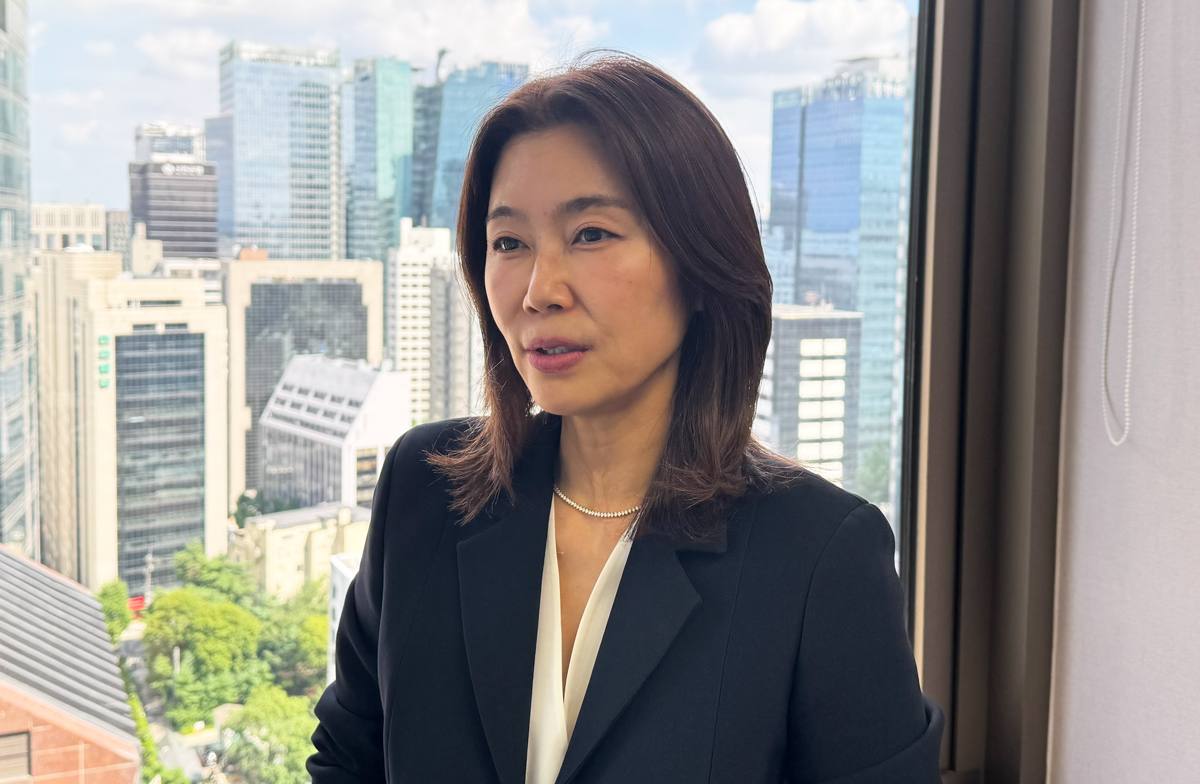
- 拡大
- Cindy Park
Head of Research Korea & Head of Asia Energy Research, Nomura Financial Investment (Korea) Co. Limited
Q. Why did you decide to become a researcher?
Prior to becoming an equity research analyst, I worked in Samsung's marketing division, focusing on marketing intelligence and investor relations. I did that for about five to six years before making a career change to equity analysis. I didn’t like being just a part of a large corporation—I wanted a more independent work environment and to see the world from a broader perspective. As a mother, I also thought this role would offer a better work-life balance. We travel a lot across Asia, Europe, and the US to meet clients, which can be physically demanding. Nonetheless, I feel I have largely achieved what I set out to accomplish.
Q. What are you passionate about as a researcher?
The best part about my job is being able to express my views through writing and exchanging view with clients. Through my reports, I can share my perspectives about companies as well as economic and industry trends. As a researcher, I bring an independent viewpoint that allows me to fairly evaluate an asset class—equities, in my case. I am passionate about providing clients with insights, information, and also hear what investors think.
Equity analysts are different from economists in that we cover around 20 different companies. I provide cross-industry coverage. My other aspiration is to ensure that these companies understand their position in the market and encourage them to discontinue any undesirable practices that can be value destructive for shareholders.
Corporates want to hear what we think and how the market views them. Being able to deliver such messages as a trusted, independent voice is also something I feel responsible for.
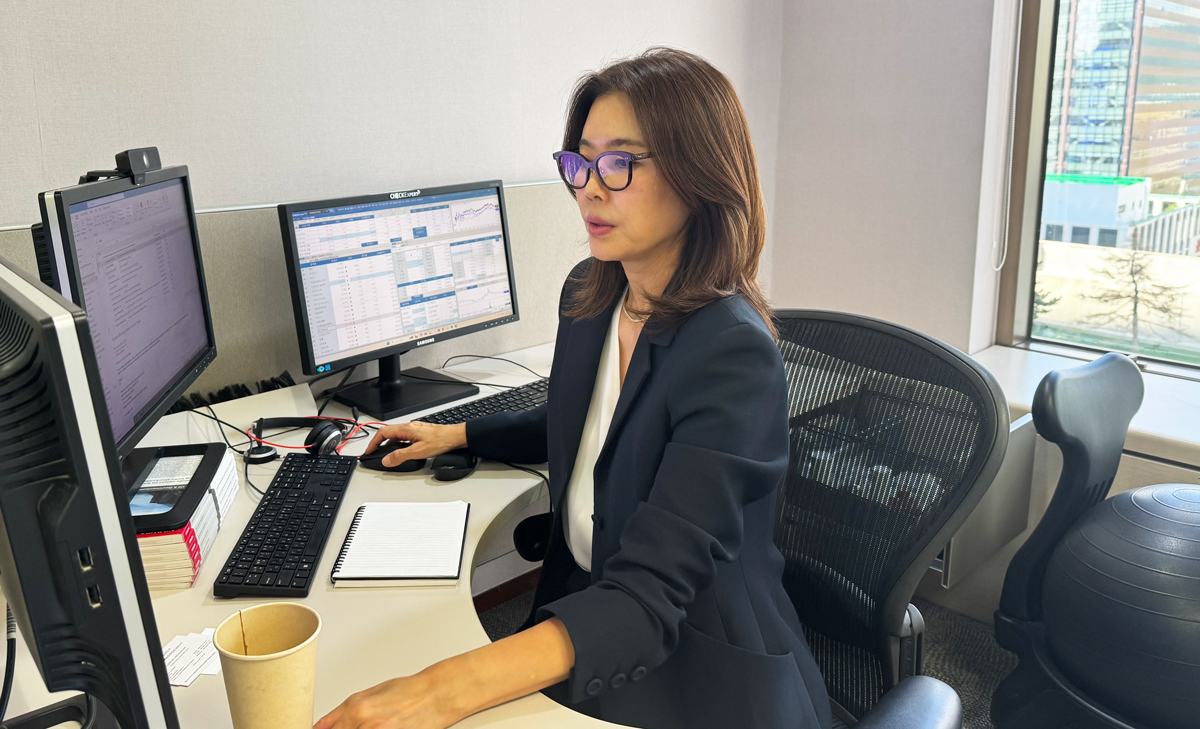
Q. How do you ensure that you provide quality coverage?
I read all kinds of news every day. I wake up at 5:30 am to check key headlines and catch up on news about the macroeconomy, industry and politics. After that, I schedule meetings with corporates and industry experts.
I regularly arrange face-to-face meetings with them and make it a point to meet outside office meetings from time to time so to gather unique insights from people on ground.
In my early days as an analyst, my focus was on winning more clients, which meant spending a lot of time with them. While this is still very important, I’ve shifted my focus towards strengthening the quality of my reports, information and insights. By becoming the go-to person for clients, more of them naturally come to me.
In today’s world, we are bombarded with all kinds of information, so it’s crucial to have a keen eye for understanding the fundamentals. While everyone has access to information, it is important to be able to discern the core message.
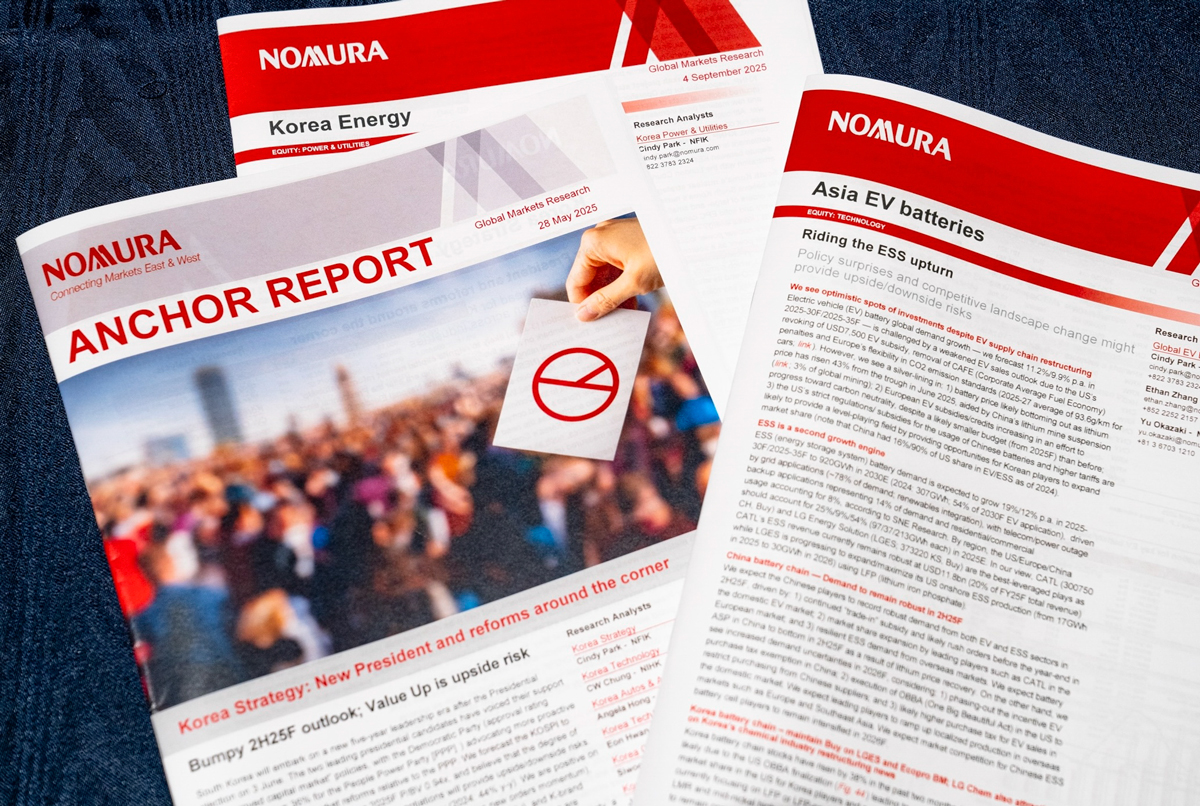
Q. What makes Nomura's research unique compared to other investment banks?
One of my clients from Asia once said Nomura's research is like Japanese automobiles or electronic goods. They're not necessarily the trendiest or flashiest, but they're solid, reliable, and consistent. I think this accurately describes my research both in Japan and Asia. These qualities also represent the core strengths of Nomura Research: dependable, quality research delivered with consistency.
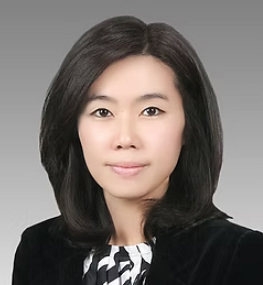
Cindy Park
Head of Research Korea & Head of Asia Energy Research, Nomura Financial Investment (Korea) Co. Limited
Cindy joined Nomura in 2004 and currently heads Korea equity research. She specializes in equity strategy research and also covers Asia energy sector. Cindy has 20 years’ experience as an energy analyst and, prior to that, and six years as a chemicals trader/marketer.
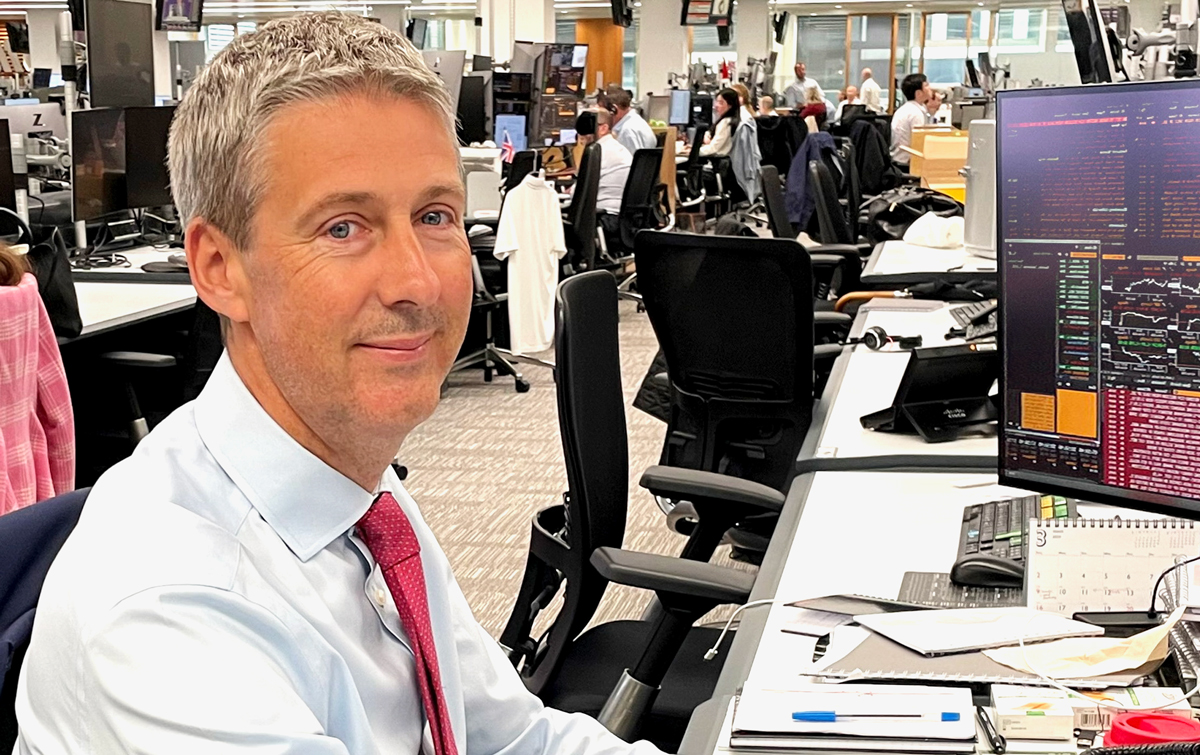
- 拡大
- George Buckley
Chief European Economist, Nomura International plc
Q. You have a PhD in economics, and you previously taught economics. What made you want to become an economist?
Having a background in academic economics, I was keen to use that in a real-world setting. You don't get much more real-world than in a bank like Nomura, where we're trying to forecast what's happening to the economy, to inflation, to debt, and most importantly, to interest rates because that governs so many different asset prices across the world.
I've been doing this role for the past 25 plus years and at Nomura for more than eight years. It’s been a journey, and I enjoy putting the academic economics that I have learned to the test in this real-world environment.
Q. What are you passionate about as an economist?
I’ve always been keen to use my economics training in a real-world setting to help others. Being able to explain economics clearly is important, whether to internal or external clients, the media or those just starting their careers as economists.
Economics can be a technical subject, so having an interesting narrative, a genuinely useful story, and the ability to explain things in an engaging way is crucial. That’s the most important thing I’ve learned in my career— the need to explain the process, and not just the present a forecast. Stakeholders are far more interested in understanding how we arrived at a particular economic viewpoint than the viewpoint itself. It almost feels like school maths, where being able to show one’s “working” is as important as the final answer!
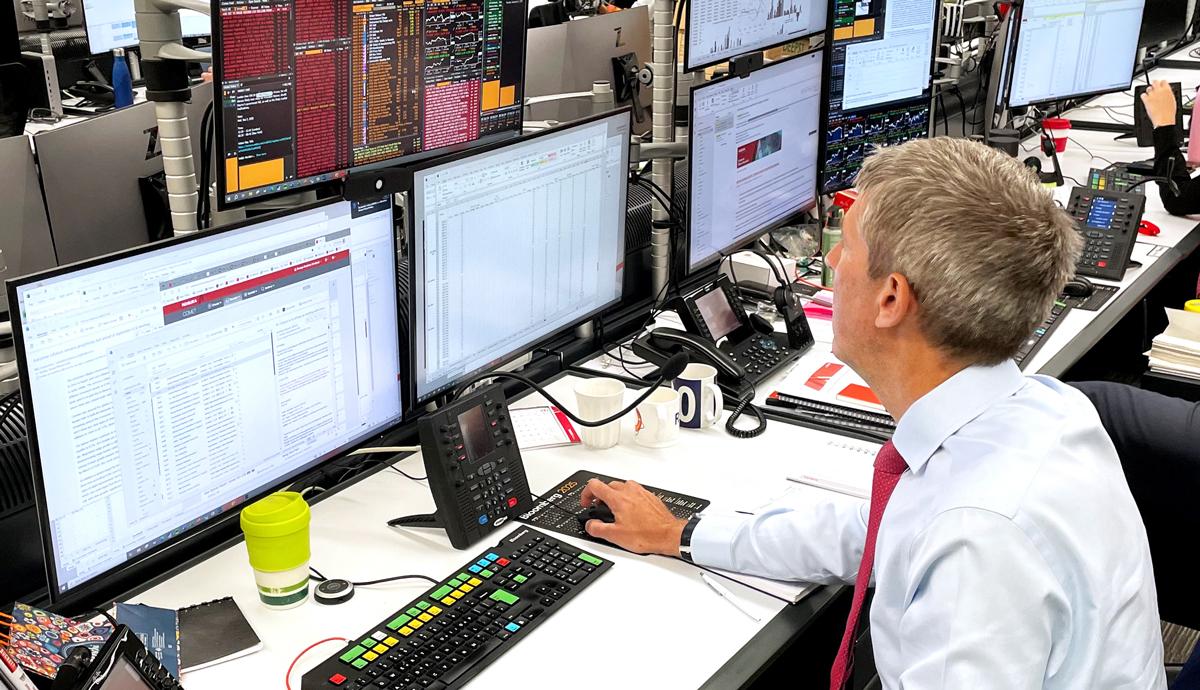
Q. Is there anything in particular that Nomura offers over our competitors in Europe?
We do a number of things that I think stands out. One of them is a podcast series called MacroBrew. The idea is simple: you get yourself a cup of coffee, put your feet up (if you’re listening at home!), and listen to a more in-depth discussion than you might normally get. Many clients tell us they enjoy listening to it on weekends, some while walking the dog. That sort of client involvement is what we’re after.
When it comes to data responses, we balance speed with depth. You can either write quick, succinct updates or take a more involved approach—crafting thoughtful analyses that go beyond simply stating that one number went up and another went down. By digging deeper into the details, we uncover insights that others might miss, making our analysis more meaningful and nuanced.

Q. What kind of extra emphasis does being based in Asia bring to the table for Nomura?
A lot of our research is heavily weighted towards Asia. We have many Japanese researchers in Asia covering the Japanese economy. We also have a strong research function covering equities and sectors in Asia as a whole.
Another interesting aspect is that we have several Japanese researchers based outside of Japan who can provide a native perspective on the Japanese economy. They have a depth of understanding of the market that others may not. These researchers work effectively across different time zones. For example, we have an FX strategist based in London who covers G10 currencies, with a particular focus on the yen.
We bring a localized understanding to the table as researchers. In my case, as a UK economist covering the UK, I think clients will probably have a lot more interest in talking to me because I live and work here. Our ECB watcher is both European and has worked at the ECB.
I think that's a really powerful thing that Nomura offers.
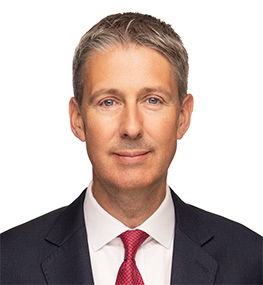
George Buckley
Chief European Economist, Nomura International plc
George Buckley has over twenty-five years of experience as a market economist. Before joining Nomura, he worked at Deutsche Bank in London. George holds a PhD (Housing Market) and MSc from Bristol University, where he also taught macroeconomics and econometrics, and a BA from Bangor University – all in the field of Economics & Finance.
George is a published author (What You Need to Know About Economics, Capstone) and is currently the Chair of the Society of Professional Economists, a professional body with over 1,400 members.
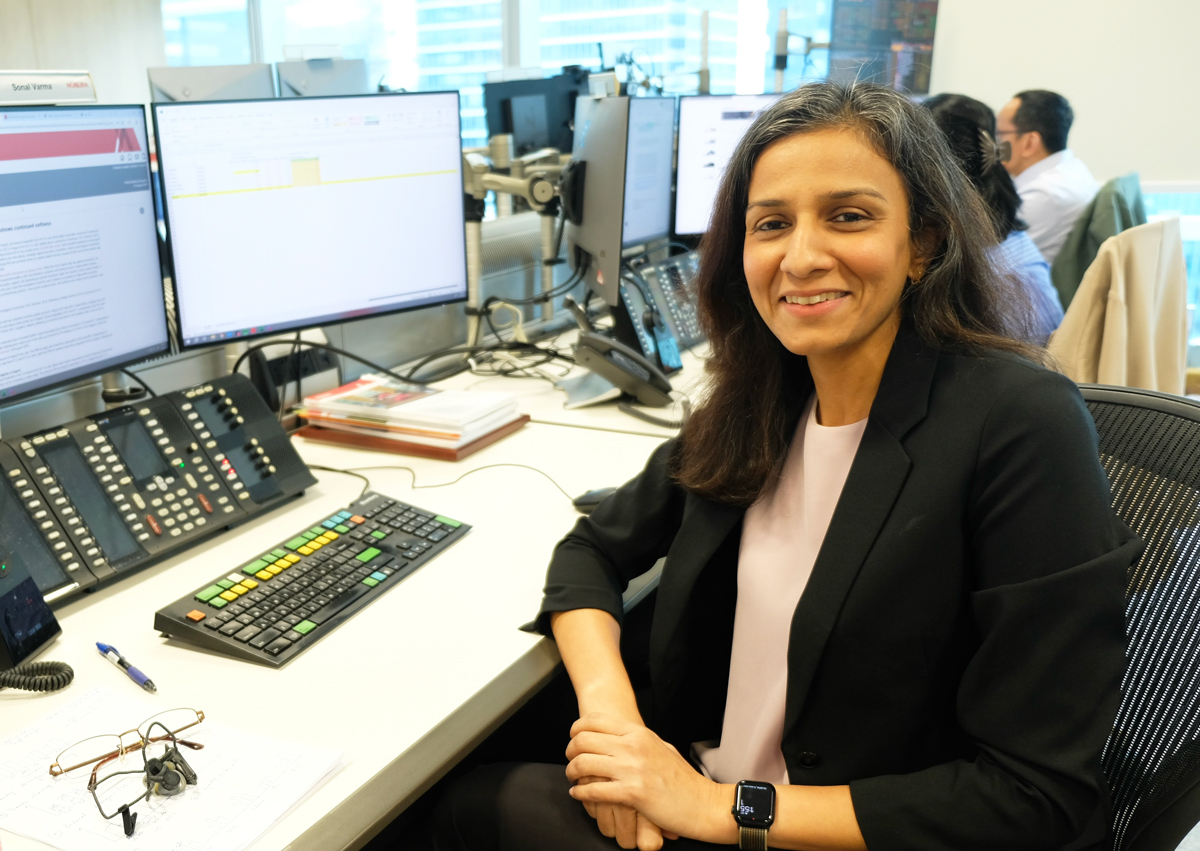
- 拡大
- Sonal Varma
Chief Economist, India and Asia ex-Japan, Nomura Singapore Limited
Q. What made you become a researcher?
I've always had an interest in macroeconomics since my college days, so there was a passion for it from the start. My second job, where I was doing economic research, turned me on to the market side of research at a time when markets were a lot more dynamic, which was fascinating. The combination of macro and markets is something that really works for me, as I enjoy a more dynamic, fast-paced kind of work. I particularly enjoy connecting the dots between the macro side and the market side.
Q. What are you passionate about as a researcher?
There are two things I would say I’m passionate about. First, I really enjoy research, particularly some of the big picture macro themes. Deep diving into these topics is something I always find rewarding.
The second is identifying the gap between what we think will happen and the current views of investors and the market. When there is a gap, it creates investment opportunities. Finding these gaps between our view and the market’s view is very exciting. It gives us the chance to say “There is a gap, this is the reason for the gap, and this is how you should position yourself.”
Q. How has your perspective or approach to work changed over the years?
Between macro and the market side, and even within macro itself, there's a lot of information at any given time. Sifting signal from noise is important. There are multiple, often intersecting signals, so connecting the right ones and weaving them into one consistent theme or message is crucial.
When we have a strong view, it always needs to be backed by solid research. Over time, I've realized there’s no need to be afraid if my view differs from the general consensus. If your view is backed by research, it's okay to put your neck on the line as long as you explain it.
I’ve also realized that clients want to know not just what we think, but why. My focus has therefore shifted to explaining the ‘why’ so people appreciate where we’re coming from.
Credibility and trust with clients are built over time. Therefore, it’s important to be patient and consistent in what you do.
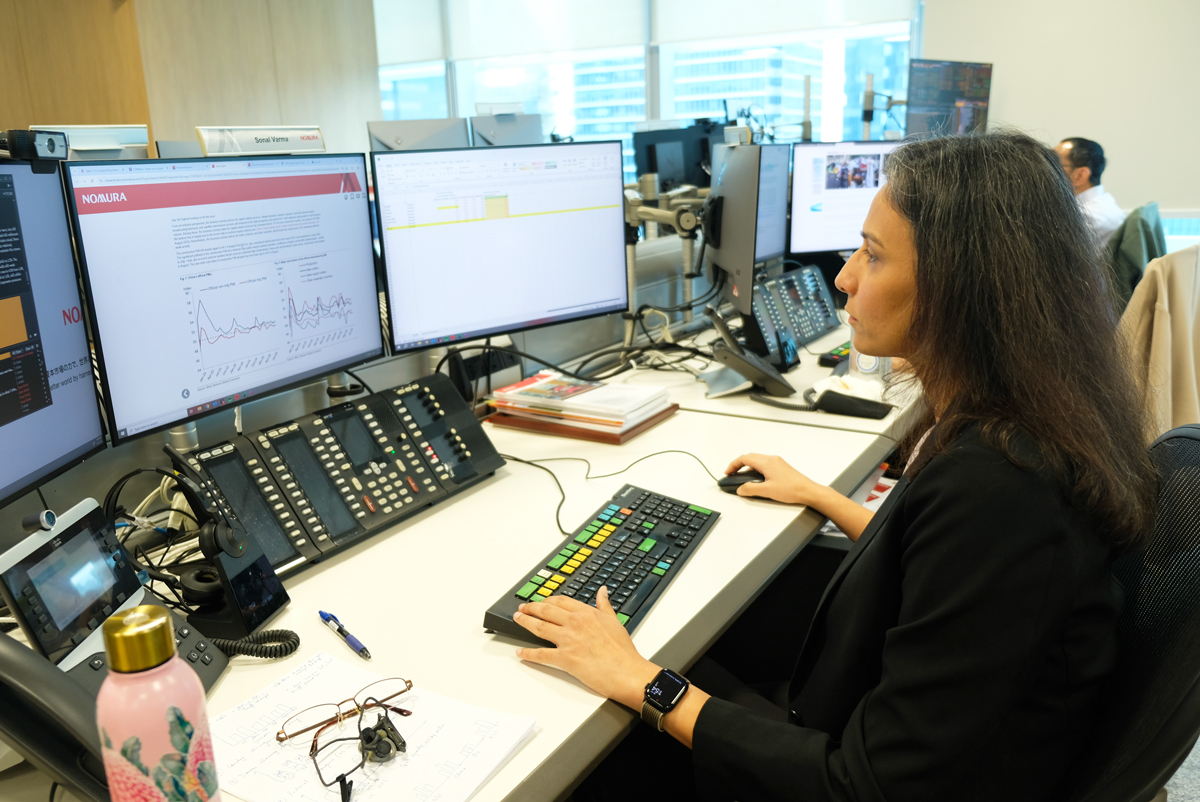
Q. How do you ensure that you provide quality research?
I try to be forward-looking and stay ahead of the curve. Anticipating what may happen is important, as this forms the basis of how we develop our views. It's essential that these views are backed by rigorous bottom-up analysis. When conducting research analysis, it's equally important to ask the right questions and put yourself in the client's shoes—considering what someone reading your research would want to know— and then try to answer those questions. Broadly speaking, this is the framework we aim to apply to any issue we research.
Another important thing I’ve learned is the distinction between "would" versus "should."
In our work, we focus a lot on central banks and what they will or will not do. People want to know not only what central banks "should" do, but also what they "would" do. That nuance is critical.
Q. What makes Nomura’s research special or unique to other investment banks?
I think we are seen as a strong and credible research house, with a particularly robust Asia franchise. We provide in-depth local insights into the economies and markets we cover, which our clients appreciate. As a house, we are also extremely collaborative. You will see a lot of joint pieces between economists and strategists, as well as collaboration between economists in Asia and economists in the US, and other regions. I think that is something that differentiates us.

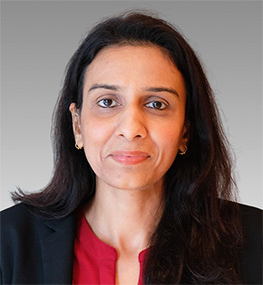
Sonal Varma
Chief Economist, India and Asia ex-Japan, Nomura Singapore Limited
Sonal Varma is responsible for analyzing key economic trends in India and Asia ex-Japan and publishing in-depth reports on the economy as part of Nomura’s Asia ex-Japan Global Markets Research team. She joined Nomura in October 2008 from Lehman Brothers, where she served as India Economist. Sonal was rated No.1 in India research from 2012 to 2019 by The Asset, and No.1 for pan-Asia research in 2022-2023. Sonal previously worked as an Economist at ICICI Bank and rating agency CRISIL. Sonal has a master’s degree in economics from the Delhi School of Economics in India.
